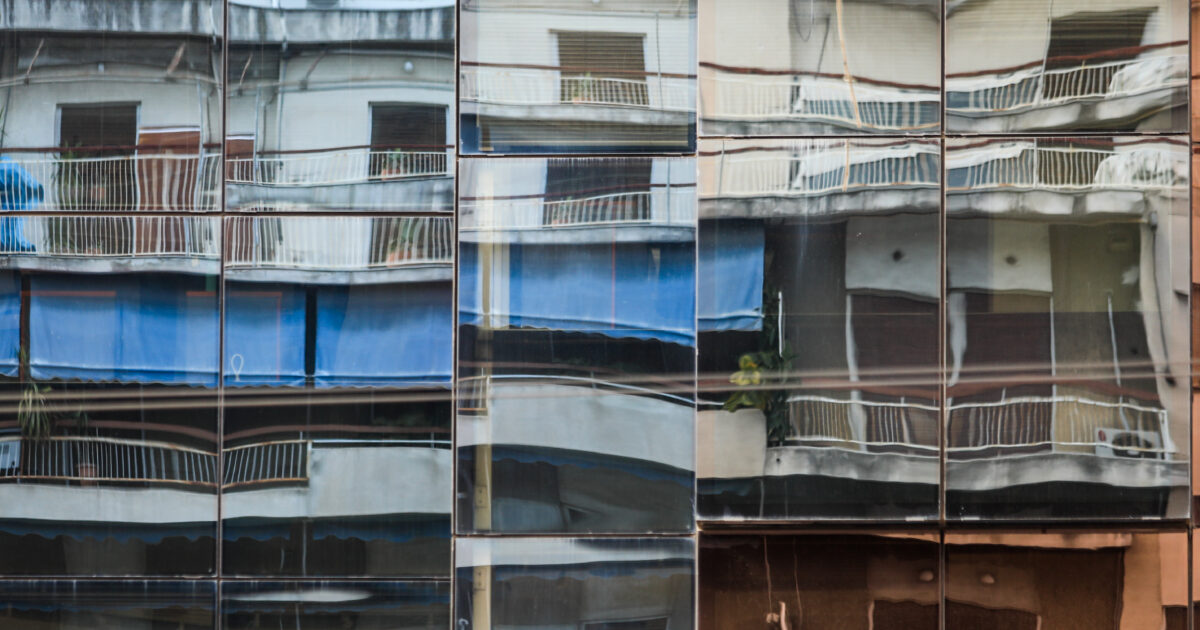At a time when housing and living needs are rapidly changing, Cushman & Wakefield’s new study for the field of Real estate Living confirms what the greatest institutions already know investors internationally.
Living real estate is not just a rising trend but a strategic and steadily increasing presence in investment portfolios.
The term “Living Sector” refers to a dynamically growing real estate market, which includes a variety of housing forms that respond to modern accommodation needs. These include rented apartments (Build-To-Rent-BTR), students’ residences, senior living houses, flex living houses, as well as Co-Living. It is an area that is evolving to meet the housing needs of different age and social groups, offering modern, quality and flexible solutions.
The survey involved investment operators managing more than 1.4 trillion euros in commercial real estate. About 60% have already allocated at least 20% of their portfolio on living properties, while almost 80% plan to further enhance their presence in the industry in the next five years.
There are two dominant subcategories of the sector – the private lease and student homes. Student houses, in particular, stand out as one of the most promising investment destinations for the next three years, due to stable demand and favorable performance conditions.
The basic geographical markets of interest in 2025 remain the United Kingdom, Spain and Germany, while increased interest in France, Italy and Portugal. In Greece, the companies that are dealing with the student halls so far are Premia. Specifically, it will create two new student homes in Xanthi, one in Larissa, one in Volos and one in Rhodes. Its purpose is to reach 500 beds.
Particularly active is the Israeli interests Zoia, having been active in various categories of residential real estate, from student residences to luxury apartments leased through short -term leases. The company has developed two real estate for students in the areas of the painter and Kallithea. Prodea, which has been placed in Patras and Thessaloniki, is also claiming a share of the rising market.
The increase in the number of foreign students, the upgrading of university infrastructure and the relatively low land price in Greece create a favorable ground for investment moves.
At the same time, the research records the main challenge to mismatch prices between buyers and sellers, who brakes the market dynamics. However, optimism dominates – 73% of investors place sustainability as a key investment priority, while 52% are willing to pay more for environmental standards. At the same time, the same percentage expects yields reduction, indicating that the criterion of stability overrides net profit.
Sustainable living is evolving into a fundamental pillar of investment strategy, and Greece has a unique opportunity ahead of it. With proper design, institutional stability and enhancement of green investment, it can be found in the center of the discussion and not on the sidelines. The living real estate sector is no longer tomorrow – it is today the European real estate market.
